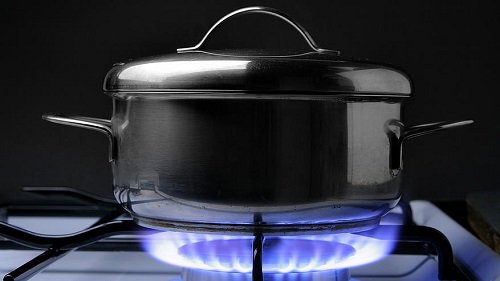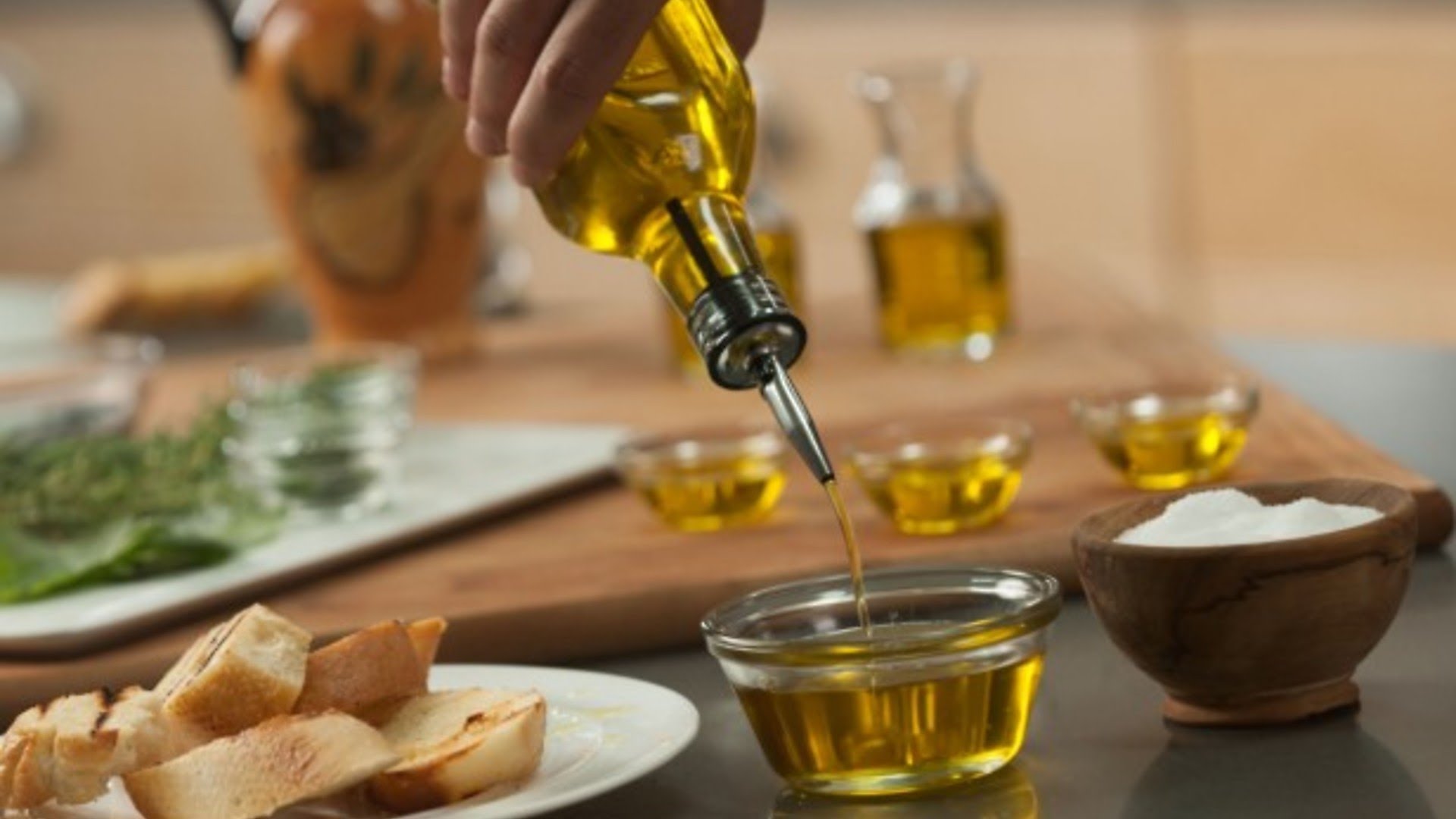
Olive oil has been used for thousands of years in cooking and is one of the cornerstones of the healthy Mediterranean diet. It is very versatile and, with its unique flavor and aroma, has become a must-have in the American kitchen. Different olive oils complement different foods and uses.
If you use Olive oil regularly, you are consuming monounsaturated fats that will help you lower your risk of heart disease and breast cancer, and that’s possibly because of its high monounsaturated fat content, which lowers cholesterol. I find olive oil brilliant for any Mediterranean dish, brilliant with pastas and risottos, and it’s my top pick for breakfasts, works like a dream with eggs, pancakes, you name it.
Tips for Cooking with Olive Oil
Although extra-virgin and virgin olive oils stand up to heat remarkably well, they do lose flavor as they’re heated, so they are best for uncooked dishes. Use them to harmonize the spices in a dish, to enhance and build flavors, and to add body and depth.
Olive oil also balances the acidity in high-acid foods, such as tomatoes, vinegar, wine, and lemon juice. In general, treat your olive oils as you do your wines, carefully pairing their tastes with the flavors of the other ingredients in the dishes you are creating.
Here are some ways to use olive oil:
- Drizzle it over salad or mix it into salad dressing.
- Use in marinades or sauces for meat, fish, poultry, and vegetables. Oil penetrates nicely into the first few layers of the food being marinated.
- Add at the end of cooking for a burst of flavor.
- Drizzle over cooked pasta or vegetables.
- Use instead of butter or margarine as a healthy dip for bread. Pour a little olive oil into a small side dish and add a few splashes of balsamic vinegar, which will pool in the middle and look very attractive.
- For an easy appetizer, toast baguette slices under the broiler, rub them lightly with a cut clove of garlic, and add a little drizzle of olive oil.
- Replace butter with olive oil in mashed potatoes or on baked potatoes. For the ultimate mashed potatoes, whip together cooked potatoes, roasted garlic, and olive oil; season to taste.
- Make a tasty, heart-healthy dip by mixing cooked white beans, garlic, and olive oil in a food processor; season to taste with your favorite herbs.
Benefits to the Person Eating
Cancer
The phytonutrient in olive oil, oleocanthal, mimics the effect of ibuprofen in reducing inflammation, which can decrease the risk of breast cancer and its recurrence. Squalene and lignans are among the other olive oil components being studied for their possible effects on cancer.
Heart Disease
Olive oil lowers the levels of total blood cholesterol, LDL-cholesterol and triglycerides. At the same time it does not alter the levels of HDL-cholesterol (and may even raise them), which plays a protective role and prevents the formation of fatty patches, thus stimulating the elimination of the low-density lipoproteins.
Oxidative stress
Olive oil is rich in antioxidants, especially vitamin E, long thought to minimize cancer risk. Among plant oils, olive oil is the highest in monounsaturated fat, which doesn’t oxidize in the body, and it’s low in polyunsaturated fat, the kind that does oxidize.
Diabetes
It has been demonstrated that a diet that is rich in olive oil, low in saturated fats, moderately rich in carbohydrates and soluble fiber from fruit, vegetables, pulses and grains is the most effective approach for diabetics. It helps lower “bad” low-density lipoproteins while improving blood sugar control and enhances insulin sensitivity.
Osteoporosis
A high consumption of olive oil appears to improve bone mineralization and calcification. It helps calcium absorption and so plays an important role in aiding sufferers and in preventing the onset of Osteoporosis.









